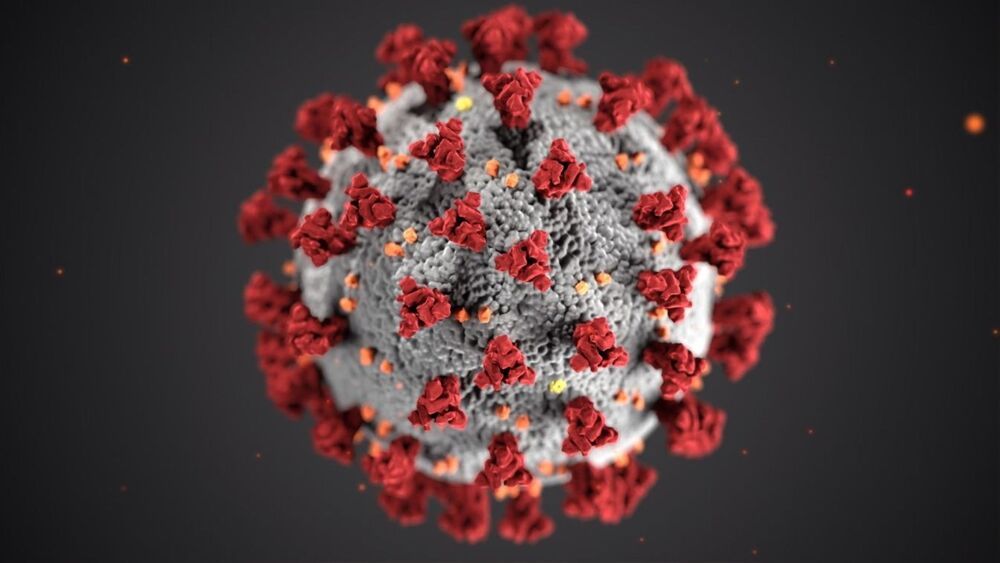Most efforts to combat the coronavirus have focused on public health measures and the race to develop a vaccine. However, a team from Columbia University, Cornell University, and others has developed something new: a nasal spray that attacks the virus directly. In a newly released study, the concoction was effective at deactivating the novel coronavirus before it could infect cells.
Like all viruses, SARS-CoV-2 (the causative agent of COVID-19) needs to enter a cell to reproduce. The virus injects its RNA genome and hijacks cellular machinery to make copies of itself, eventually killing the cell and spreading new virus particles to infect other cells. Gaining access to a cell requires a “key” that fits into a protein lock on the cell surface. In the case of SARS-CoV-2, we call that the spike protein, and that’s where the new nasal spray blocker attacks.
The spike protein “unzips” when it meets up with a cell, exposing two chains of amino acids (the building blocks of proteins). The spray contains a lipoprotein, which has a complementary strand of amino acids linked with a cholesterol particle. The lipoprotein inserts itself into the spike protein, sticking to one of the chains that would otherwise bind to a receptor and allow the virus to infect the cell. With that lipoprotein in the way, the virus is inactivated.









This is great news. Looking forward to hearing more!